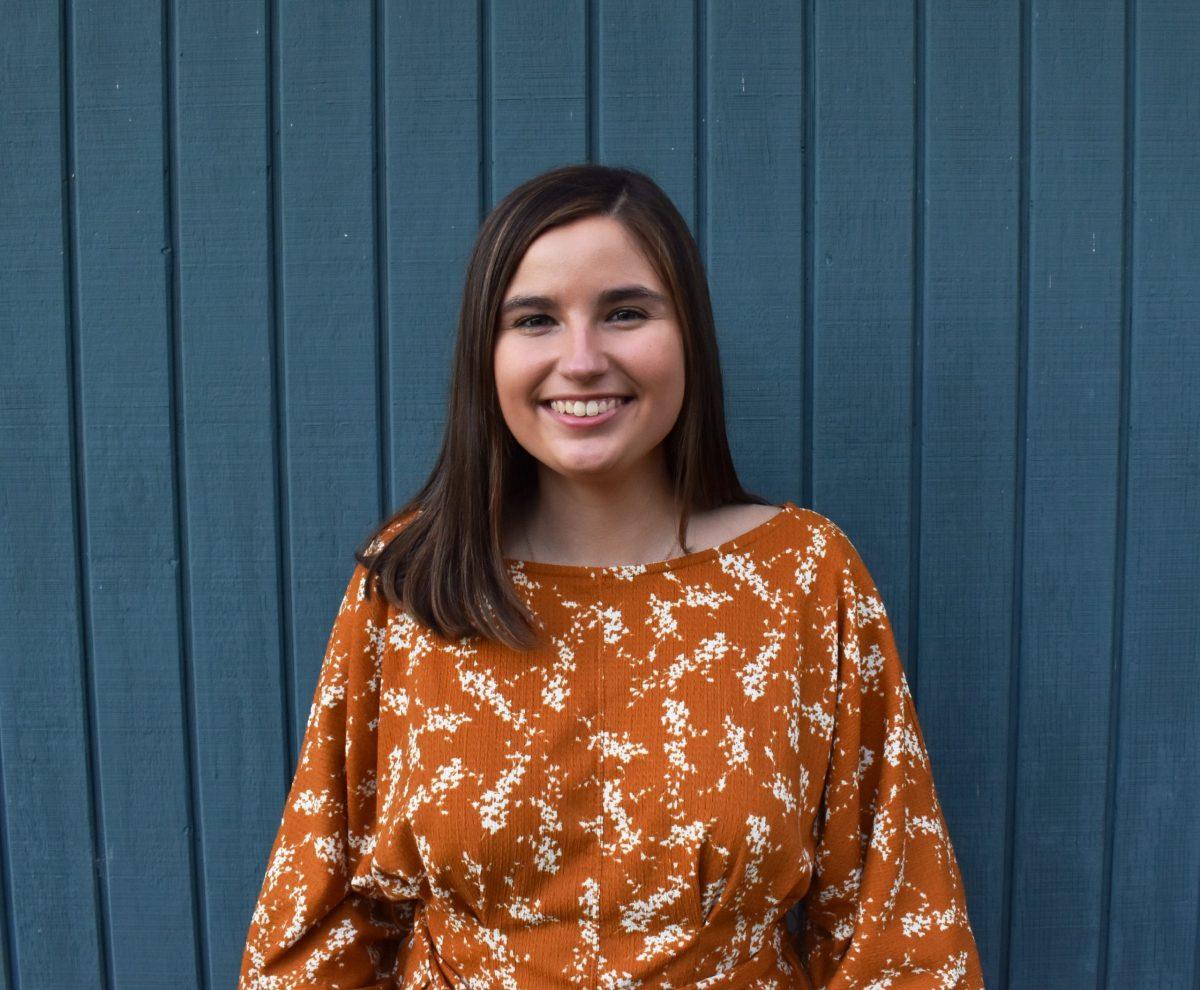What does it really mean to be a woman in journalism?
Recently I attended an “NPR Founding Mothers Talk” via Zoom, moderated by Lisa Worf, a morning edition host and executive producer for WFAE Charlotte, NC. The three panelists, Susan Strasberg, Linda Wertheimer and Nina Totenberg primarily discussed what it was like to be a young woman beginning a career in journalism, which during this time (primarily the 1960s and 1970s) was almost entirely male- dominated.
Strasberg was the first woman to ever anchor a nightly newscast; Wertheimer was a White House correspondent during the Kennedy presidency and assassination; Totenberg spent most of her career as a supreme court correspondent, covering cases including appellate trials of the Watergate scandal.
These women were oftentimes only appreciated due to the fact that they could be paid less than their male counterparts. Totenberg recalled that some men preferred to hire women because “you get more bang for your buck.”
Time and time again these women were told to have a more commanding voice, work harder for longer hours and cover stories that no one else wanted to cover. Their experiences made me wonder how it is for women now, leading in the field of journalism and discovering what it means to be a female writer, including on Wofford’s campus.
Allison Sherman, the current Editor-and-Chief of the Old Gold & Black recalled what story she felt most impacted campus. “Writing the article on how the administration ignored the protests of the faculty against the naming of the new dorm on campus was nerve-wracking; I was told that I could get in hot-water with the administration. But I went on with reporting it; I wanted to help the faculty express their feelings without being penalized.”
As a staff writer myself, I know that it can be challenging to get others to take your writing seriously. The fear of having my writing sound trivial or overly casual tends to haunt the back of my mind. There have been times when I have doubted my own capabilities to where I was close to being more concerned with reception rather than content. But at the beginning of this year, I know that the future is bright. Just as part of the path was paved by brave women before me, I hope to beat back the brush of the obstacles to come.



























